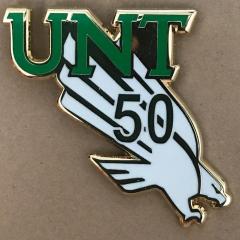Search the Community
Showing results for tags 'north texas and yucca have a long mutual history'.
-
What good is a yucca? As I’m traveling throughout western Kansas, I see landowners pulling up or poisoning yuccas. Cows won’t eat them (unless it’s winter and they are adventurous and realize they are packed with protein). Yuccas can tear up unprotected shins or the tires of 4-wheelers (don’t ask me how I know). So why keep them? I asked this of a rancher once, who had an above average abundance of yuccas in his pasture. He said that his grandpa told him that during the dust bowl, the only grass that was available to the cattle was found in the shadow of a yucca. Knowing drought would come again, he tolerated them. This photo shows how important yuccas (and other shrubby plants like buttonbush) are to the prairie. After yesterday’s blizzard, snow piled up behind the yuccas. That little bit of moisture will be invaluable to the grasses and wildflowers downwind. Yuccas also have a myriad of other valuable qualities. They have a mutualistic relationship with a moth that pollinates the flowers in return for a place to raise its offspring. The growing flower stalks are edible (although I think they taste like soapy asparagus). They have a large taproot allowing them to flourish in dry environments. Audubon of Kansas Photo taken in Trego County, KS




